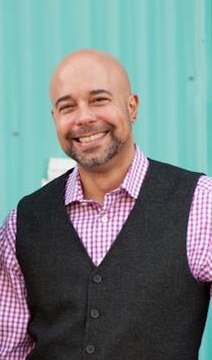 As Chair of the Department of Psychological Sciences at the University of Missouri–St. Louis, I am pleased to welcome you to the department's website. The department has 25
As Chair of the Department of Psychological Sciences at the University of Missouri–St. Louis, I am pleased to welcome you to the department's website. The department has 25
Our more than 500 undergraduate majors will, upon graduation, find themselves highly competitive for a wide variety of positions, especially in social services, local medical schools and business. Many of our majors go on to graduate school in psychology, counseling and related social sciences and biomedical fields. Our approximately 75 graduate students working toward their MAs and PhDs will join, upon graduation, alumni employed in public and private institutions and organizations as well as in private practice.
A primary goal of the faculty is to prepare our students for careers in modern psychology. To maintain that focus, we are first and foremost a research university and department. Many faculty members are nationally and internationally known scholars in their fields of research. In turn, this expertise informs the content of what we teach. Undergraduate and graduate students conduct research alongside faculty in departmental laboratories across a remarkable range of research topics. Of particular note are labs examining the role of the brain in depression, anxiety, dementia and other psychopathologies and in the clinics treating patients suffering from them.
There are three centers under the psychology umbrella. Each houses a clinic that provides unique therapies for people in the community. The Community Psychology Service (CPS) clinic is located in Stadler Hall and is the primary training home for the doctoral program in clinical psychology and provides low-cost therapy to the community.
The Center for Trauma Recovery (CTR) and the Children's Advocacy Center (CAC) are located on the South Campus. CTR and CAC include clinics for individuals experiencing post-traumatic stress disorder, anxiety and the aftermath of sexual and physical abuse of children. Both centers provide clinical training opportunities for UMSL graduate students. CTR is also a research center receiving annual funding from the National Institutes of Health and additional federal, state and private agencies.
As you can see, ours is a department of variety, both in the work that we do and in our personnel and students. If you find the study of behavior and the brain as fascinating as we do, you will find a comfortable home here in the
Matthew Taylor, Ph.D.
